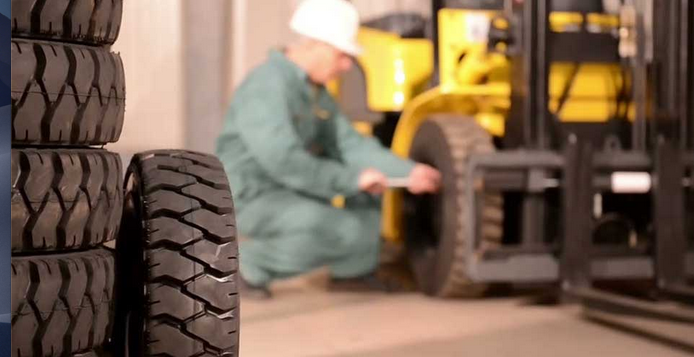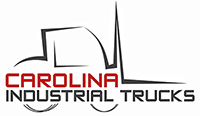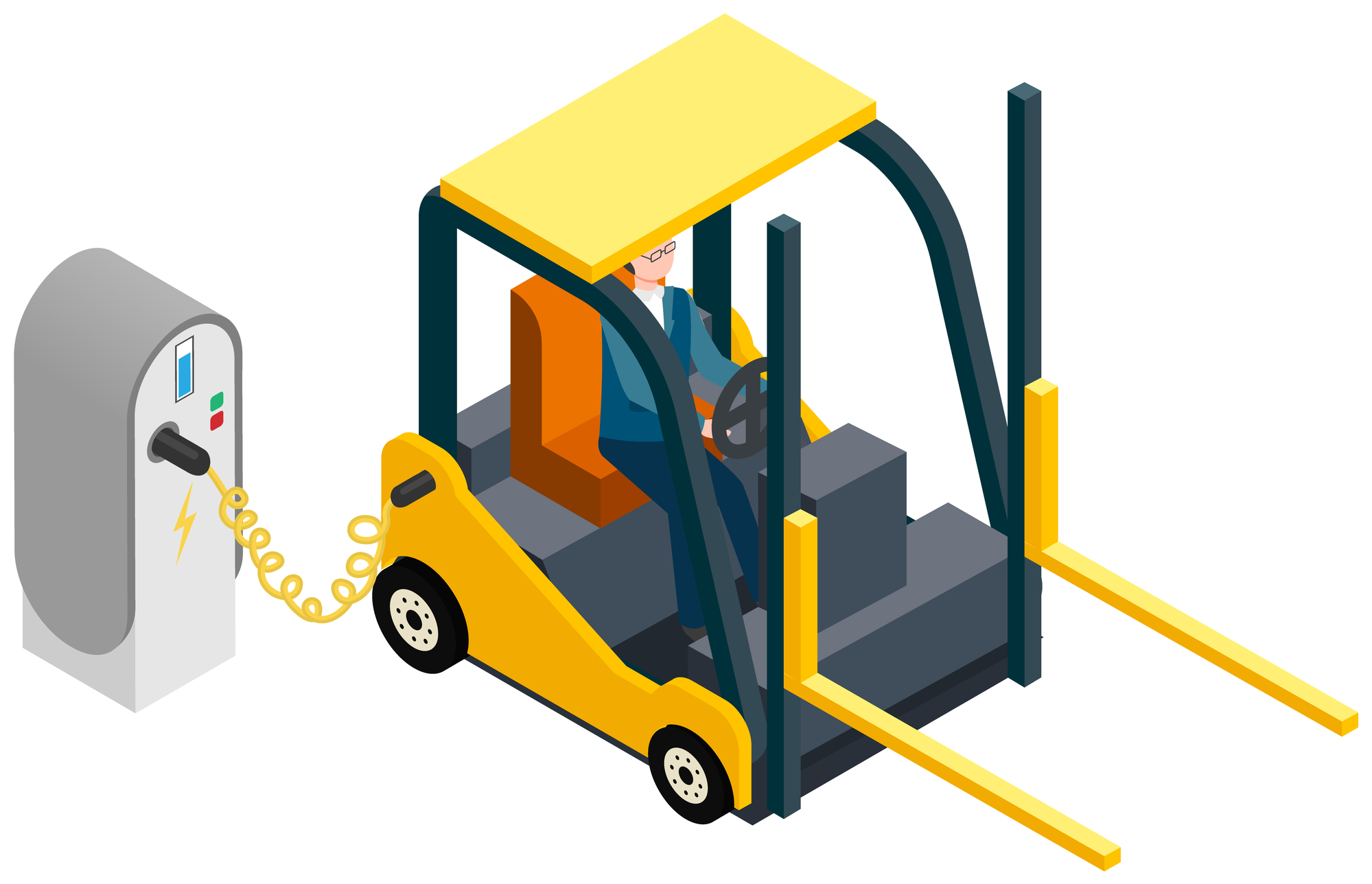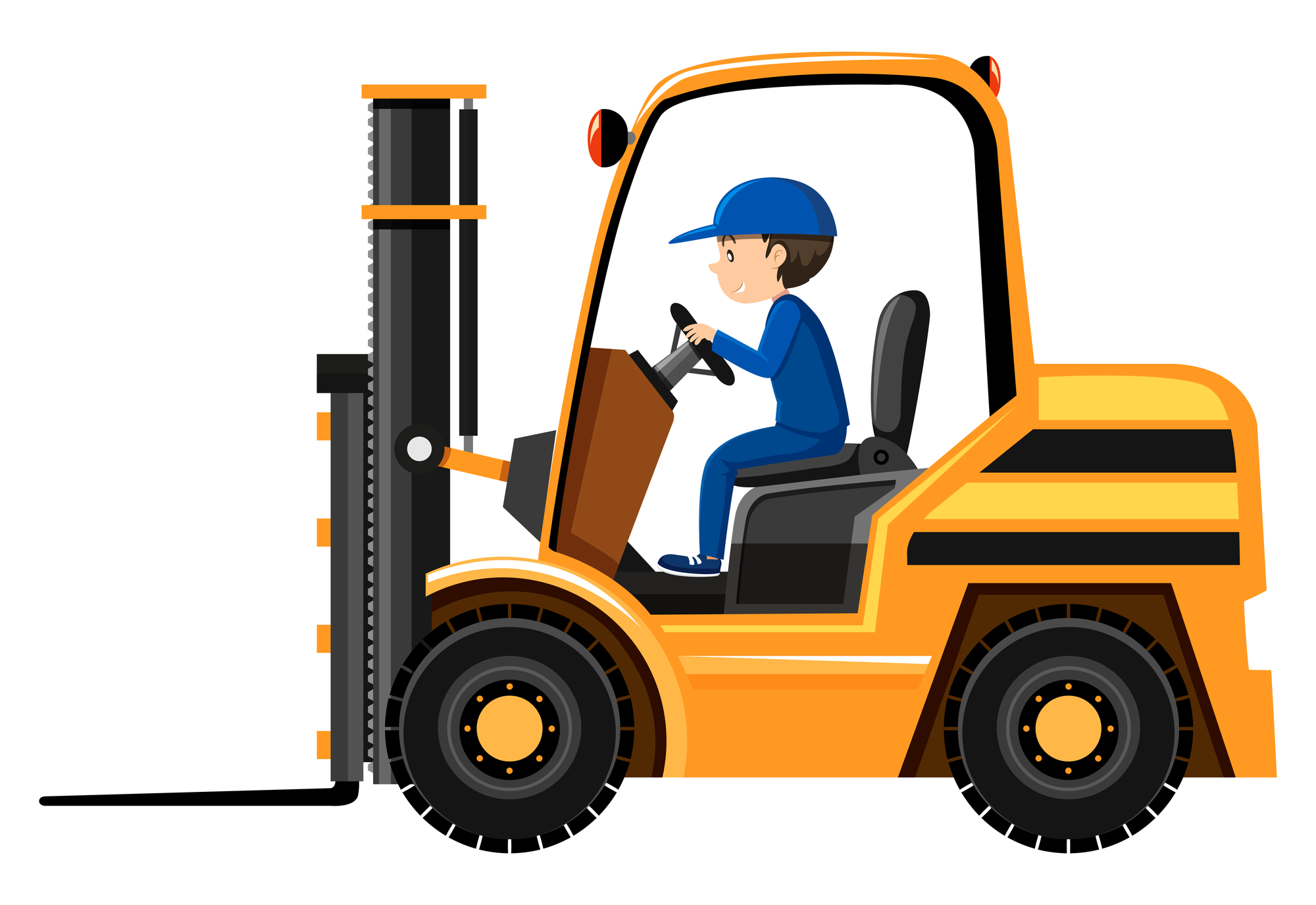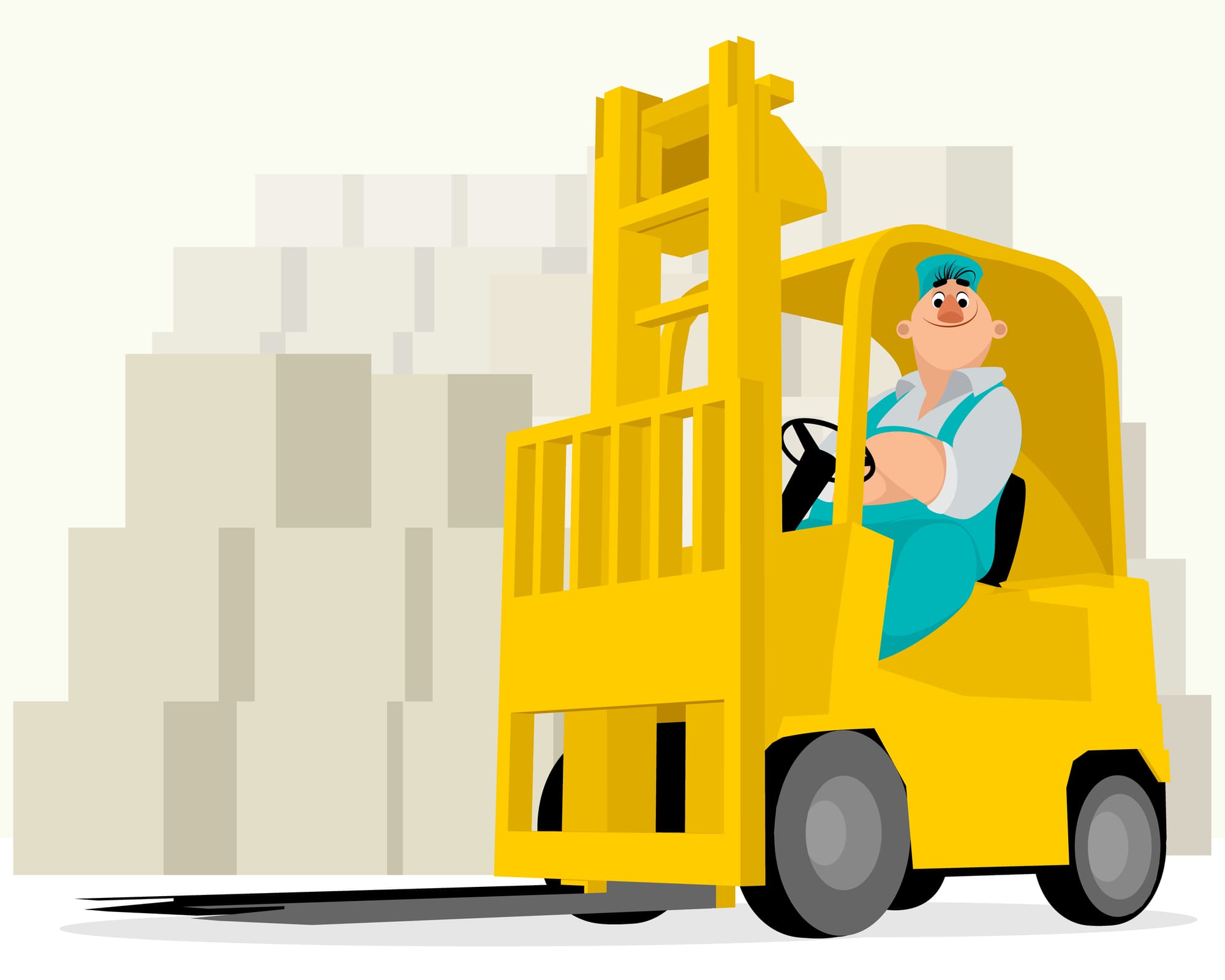How to Care for Your Forklift in the Summer
04/29/2019
CITrucks
In August 1983, temperatures in North Carolina reached 110 degrees Fahrenheit. While we never anticipate summer weather getting that warm again, any warm weather can take a toll on your heavy equipment.
For companies across the Carolinas, keeping your machinery in top condition during the summer months can feel like a challenge. You’re battling against hot days, humid conditions, and the intense sun.
If you’re wondering how to care for your forklift, we’ve put together a few simple tips to help you keep your forklifts running well no matter what the weather brings.
Inspect the Battery Regularly
Believe it or not, your battery is the most sensitive component of your forklift. When temperatures change rapidly or the weather stays hot throughout the workday, it’s not uncommon for batteries to start to corrode. And a dead battery can cost you hours in productivity.
During the summer months, make care to check the battery every day. Inspect the connections for signs of corrosion. Make sure the cables and housing are in good shape and keep track of the fluid levels inside.
Remember, hot weather and direct sunlight cause the battery to heat up. This, in turn, can cause the water covering the battery plates to evaporate, increasing your risk of corrosion and damage.
If fluid levels look low at any point during the day, top the battery off. Just make sure to check the proper pH levels for the battery. Otherwise, you could shorten the battery’s life and cause your forklift to fail when you need it most.
Look for Damage to the Fans
Every engine, including the one in your forklift, relies on fans to keep it cool. During the summer, they often work overtime to keep the engine from getting too hot.
The harder they work, the more likely they are to crack in the heat. And once they do, it’s only a matter of time before the engine overheats.
During the summer months, check your fans every day for cracks and warping. If you notice any, replace them as soon as possible. If you’re not comfortable handling the replacement yourself, schedule a service appointment with an experienced professional.
Keep the Engine Cool
The fans may help keep your engine from overheating in most situations, but they’re not always enough when the temperatures really increase. Throughout the day, monitor your engine’s running temperature.
If it’s running too hot, turn it off and let it cool down. This can take anywhere from 15 to 30 minutes. And ideally, you’ll find a shady spot or a cooler place inside the warehouse to speed up the process. Once the engine cools down, you should be able to use it normally.
Periodically inspect the coolant levels and add more when needed. This will help your engine run at higher temperatures without overheating or doing any long-term damage.
Keep an Eye on Your Hoses and Belts
Engine hoses and belts are durable, but they’re under near-constant strain every time you use your forklift, and the materials can and will break down in the heat.
Before starting the forklift each day, inspect the belts for cracks, stretching, or general wear. If you see any damage, don’t wait for the belts to break. Replace them immediately.
Once you’ve checked the belts, inspect the hoses for cracks, holes, and loose fittings. Over time, hoses will need to be replaced, but high temperatures and summer weather can speed up that deterioration.
Take Care of Chains and Cables
If you’re using your forklift in a temperature-controlled warehouse and moving product outside, that change in temperatures can damage the cables and chains.
Before starting the forklift up each day, be sure to inspect the chains and cables for wear, rust, or damage. Lubricate them as needed and replace any damaged components as soon as you notice them.
Remember, without the chains and cables, you won’t be able to safely move loads. If a single cable snaps while the machine is in use, it could injure the operator, damage the load, and wreck your forklift. Preventative maintenance will help keep your cables from wearing out prematurely, even when the weather gets hot.
Check the Oil and Replace It When Needed
Engine oil lubricates the engine and keeps the components from grinding against each other when the forklift is in use. And when it gets low or dirty, your engine starts to gunk up and work less efficiently.
Inspect the oil at least once a week. If it’s low, top it off with your manufacturer’s recommended oil. And if it looks dark brown or black, change it out as soon as you can. This will extend the life of your forklift’s engine.
Watch Out for Your Operators
Summer’s not just hard on your machine—it’s hard on the operators, too. Make sure they’re staying hydrated and encourage them to take breaks when working outside in the hot weather.
Make sure your team knows the signs of heat exhaustion and encourage everyone on the floor to look out for each other. The more your employees look after each other, the less likely they are to experience major health concerns in the summer heat.
It’s Easy to Learn How to Care for Your Forklift
Wondering how to care for your forklift during the summer months is normal for every business owner. Use these simple tips to keep your forklift in good shape no matter how warm the weather gets.
If anything breaks or you need to order replacement parts to fix your broken forklift, contact us as soon as possible. We’ll help you get your equipment back up and running in no time.
